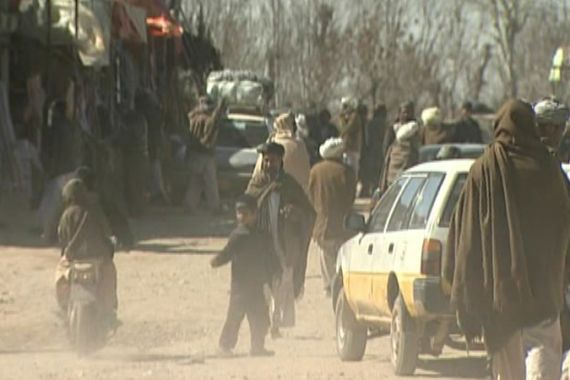A year in Pashtun Zarghun
Al Jazeera follows one district for a year to see how its residents cope with handover of security to Afghan forces.

As Afghanistan continues to be plagued by violence, corruption and a resurgent Taliban, critics say that the handover of power is happening too soon and may lead the country back to civil war.
The Afghan army is gradually taking control of security as the US and NATO plan to pull out all of their troops by 2014.
Al Jazeera will follow one district of the country for a year to see how people there cope with the change. In the first of this series, Al Jazeera’s Bernard Smith reports from Pashtunzargun in Herat province.
Seventy per cent of Afghanistan’s population live like the way residents of Pashtunzargun do, in villages and districts where tradition and religion are the most powerful forces.
The Taliban, who were active in Pashtunzargun, regularly targeted NATO’s International Security Assistance Force (ISAF) patrols or government officials in the area.
In January the district took over responsibility for its own security from NATO. The security patrols have now gone, as have the officials.
If Afghanistan is to have any hope of a stable future after 2014, Pashtunzargun, and hundreds of districts like it across the country, will have to be able to take responsibility for their own security.
ISAF would argue that it was their presence in the district that held off the Taliban and brought stability.
Much of Pashtunzargun, though, saw the presence of foreign troops as the problem. Now they feel life returning to normal.